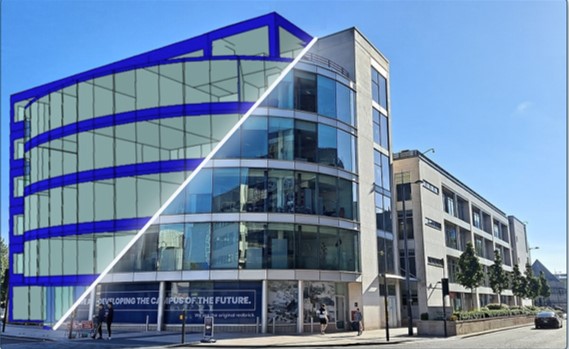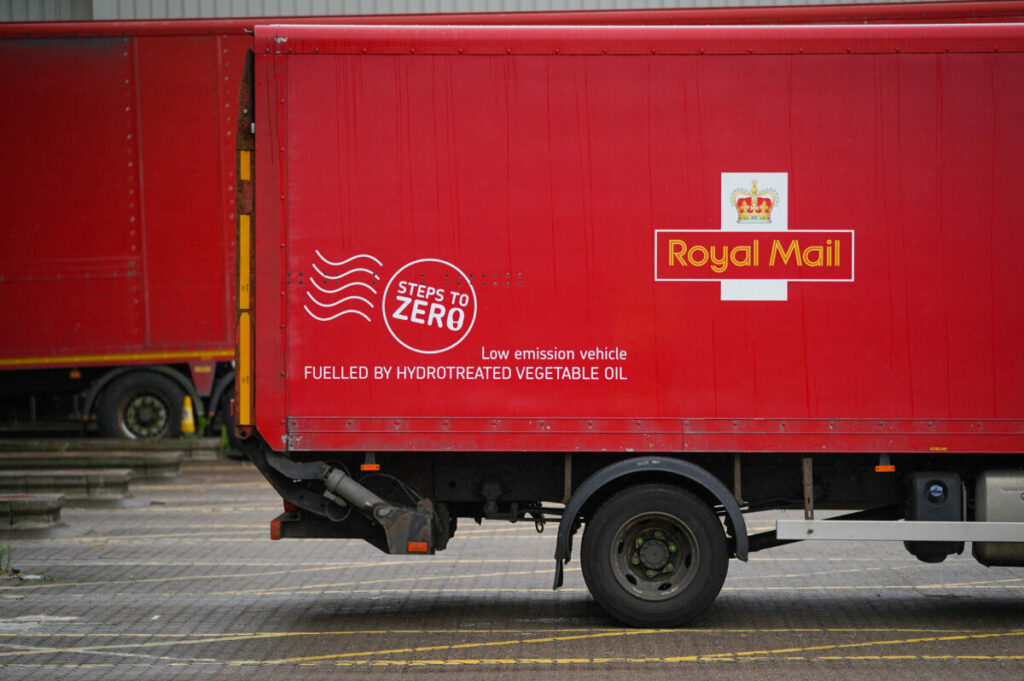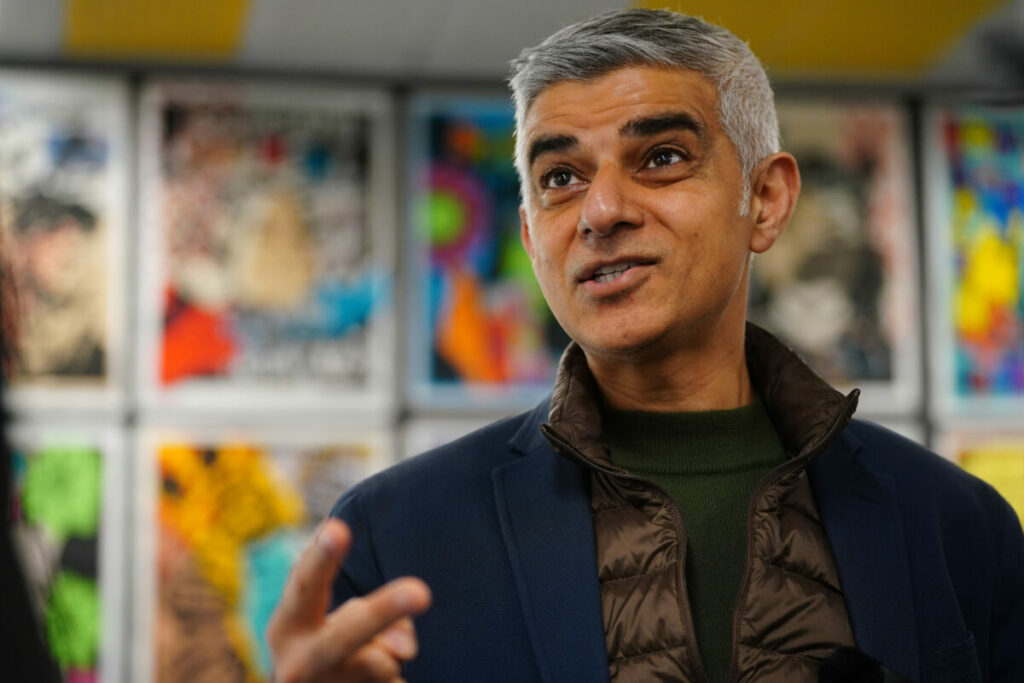A new project which involves creating a digital twin building has resulted in a University of Liverpool campus building reducing its energy consumption by 23% and making savings of £25,000.
The University of Liverpool piloted the digital technology, which is the brainchild of Glasgow-based climate technology firm IES.
The tech connected live operational data from a Liverpool University campus building to a digital twin building, allowing university facilities managers to evaluate the performance of the campus buildings and assess improvements that can enhance efficiency.
The technology was able to evaluate in real-time the impact of ongoing heating, ventilation, and air conditioning work on the campus building.
The digital twin tested various refurbishment scenarios at the campus building and identified those that would be most effective in generating energy, carbon and cost savings.
Once the selected improvements had been made to the building, the digital twin was connected to live data from energy meters, enabling the model to be calibrated to match measured data on an hourly basis.
Subscribe to Sustainability Beat for free
Sign up here to get the latest sustainability news sent straight to your inbox everyday
The university’s facilities management team is now using the digital twin to continually monitor and improve the building.
The university can track performance and gain improvement insights for energy, carbon, and comfort and the ongoing impact of the refurbishment can be measured and verified, IES said.
The live feature also helps to prevent operational drift, whereby the performance of building systems degrades over time, as any issues will be flagged and can be fixed before they begin to have an impact, it added.
The university now plans to continue collaborating with IES to create digital twins for three more buildings in the next phase of work.
IES associate director Valeria Ferrando said: “IES Live is a real game-changer, maximising the impact of a digital twin which leverages a world-class simulation engine and placing this power in the hands of those who need it.”
Tony Small, head of engineering services, University of Liverpool, said: “Working with IES on this project has given us detailed insight into the impact of our refurbishment work and will enable us to continually monitor and update our operational systems to ensure that the building is operating efficiently.”
Meanwhile, the University of Birmingham has announced plans to build a £50 million net zero carbon smart building, and will aim to significantly expand its energy research and education.















